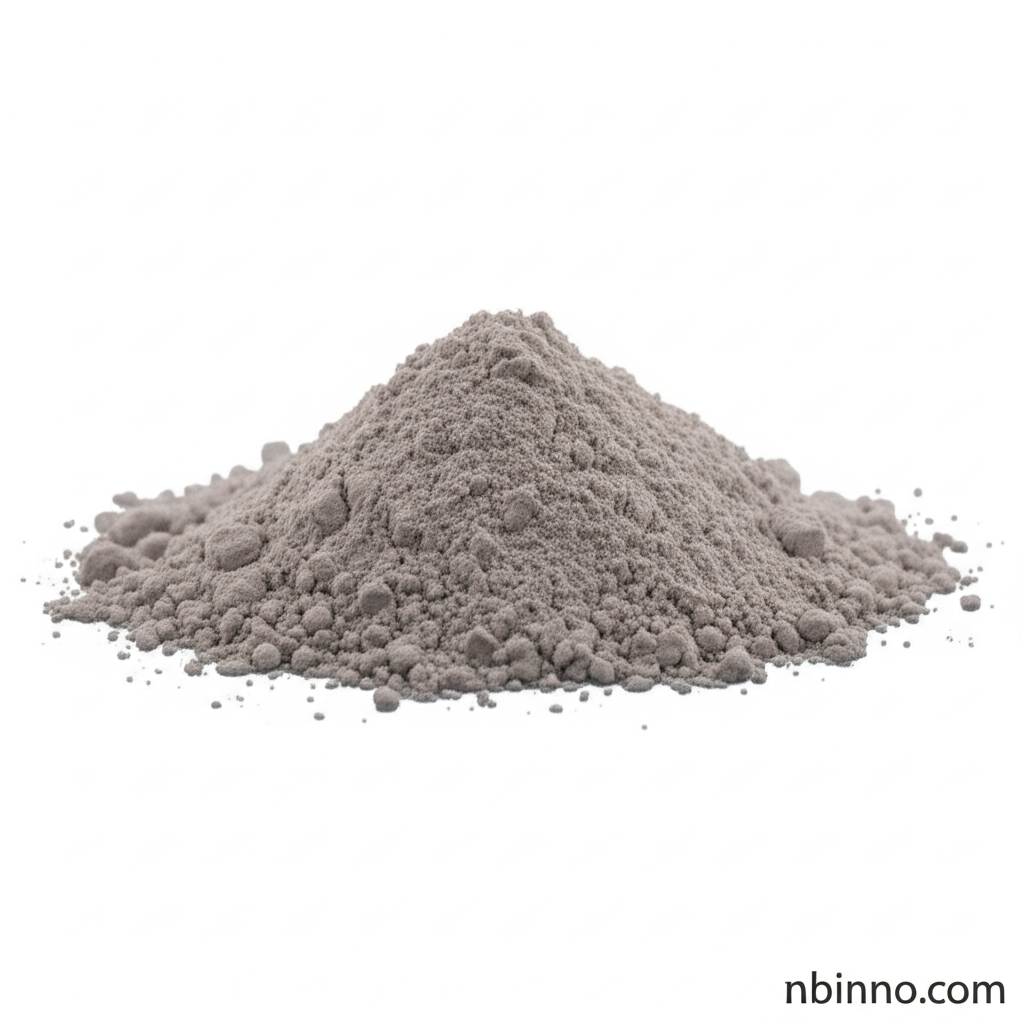Montmorillonite K10: A Versatile Clay Mineral for Decolorization, Catalysis, and Adsorption
Discover the power of Montmorillonite K10 for purification, catalysis, and environmental solutions.
Get a Quote & SampleProduct Core Value

Montmorillonite K10
Montmorillonite K10, CAS 70131-50-9, is a highly effective clay mineral with extensive applications. Primarily utilized for the decolorization of various oils including animal, vegetable, and mineral oils, it also serves as a catalyst in organic synthesis. Its robust adsorptive properties make it valuable for purifying edible oils by removing pigments, pheromones, and off-flavors.
- Explore the benefits of Montmorillonite K10 for oil decolorization, a critical step in refining processes.
- Utilize Montmorillonite K10 as a catalyst in organic synthesis to drive efficient chemical reactions.
- Leverage Montmorillonite K10's strong adsorptive properties for effective edible oil purification.
- Discover its role in environmental protection for the removal of harmful substances like organophosphorus and aflatoxin.
Key Advantages
Versatile Application
Montmorillonite K10 offers broad applicability, serving as a crucial adsorbent and catalyst across multiple industries, from food processing to environmental remediation.
Enhanced Purity
Experience superior purification through its high adsorptive capacity, effectively removing unwanted pigments and impurities for cleaner end products.
Catalytic Efficiency
Benefit from its catalytic properties in organic synthesis, facilitating reactions and improving process efficiency in chemical manufacturing.
Key Applications
Edible Oil Purification
Montmorillonite K10 is essential for purifying edible oils, removing pigments and off-flavors to meet quality standards.
Organic Synthesis Catalyst
It functions as a catalyst in various organic synthesis reactions, aiding in the efficient production of valuable chemicals.
Environmental Remediation
Utilized for its adsorptive capabilities in removing harmful substances like organophosphorus and aflatoxin from contaminated environments.
Petrochemical Industry
Plays a role in the petrochemical sector, including the polymerization of olefins into advanced lubricants.
